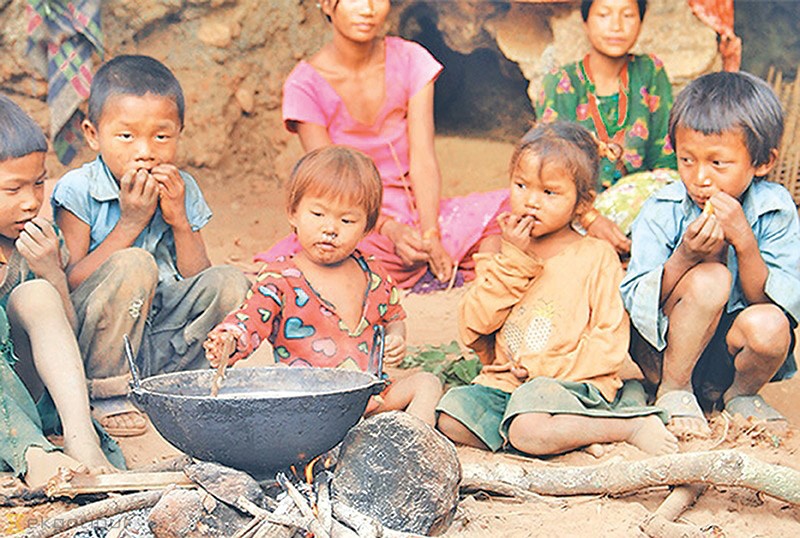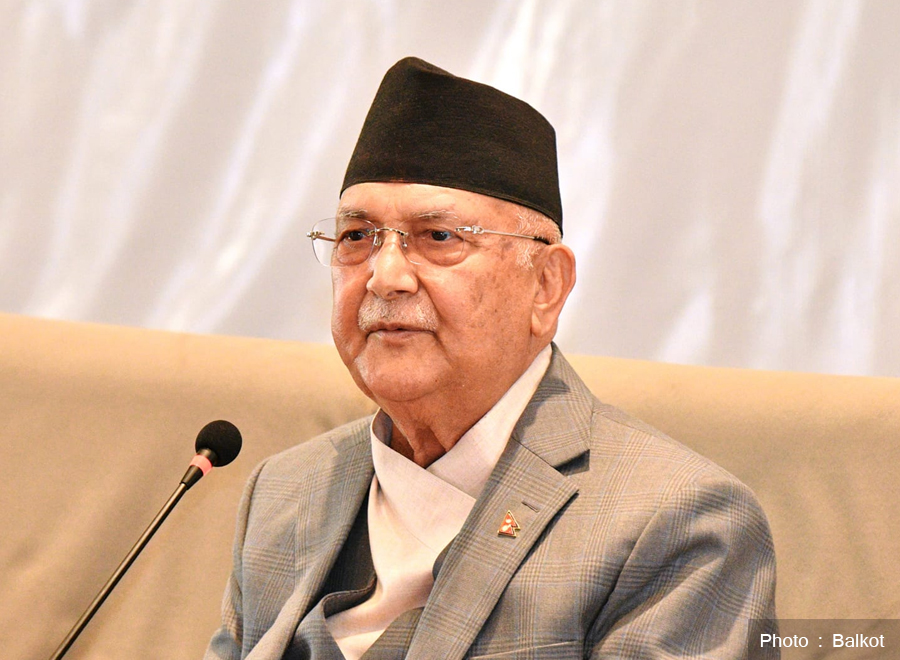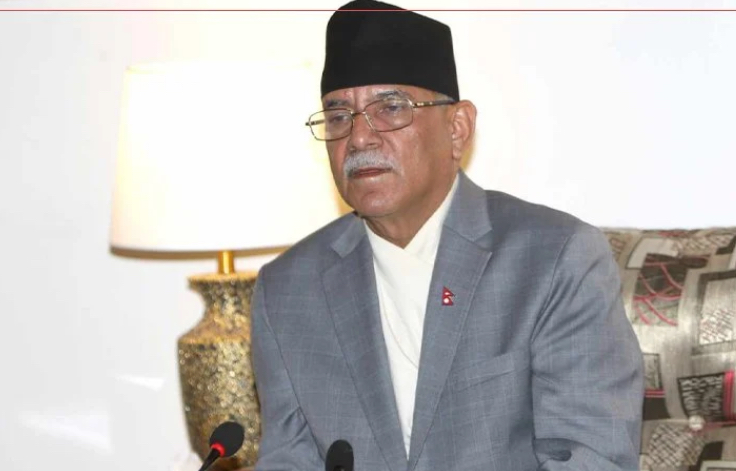Hunger was one of the root causes of Nepal’s decade-long internal conflict, Right to Food Law must be enforced to end hunger : Amnesty

Amnesty International, 03 Apr 2019 : Nepal must strengthen and implement its new law on the right to food if it is going to meet its commitments to rid the country of hunger, malnutrition and food insecurity, Amnesty International said .
Hunger was one of the root causes of Nepal’s decade-long internal conflict, and it continues to be felt across the country today. Nearly half of all households in Nepal face food insecurity, and a tenth are “severely food insecure”. More than a half of all children under five years of age are anaemic, while more than a third of them suffer from stunted growth.
In an important step towards realizing its goal of “zero hunger” by 2025, the Nepal government brought the Right to Food and Food Sovereignty Act 2018 into force last September.
But, as Amnesty International’s briefing Right to Food in Nepal: Analysis of the Right to Food and Food Sovereignty Act details, the law needs to be amended to be effective. Rules and regulations, necessary to implement the provisions of the law, need to be created.
“If the government of Nepal wants to ensure that no one goes hungry in the country, it must strengthen the law. The mechanisms such as the rules and regulations need to be crafted in a way that’s makes the right to food a reality for all,” said Biraj Patnaik, South Asia Director at Amnesty International
The law needs to be amended to clearly define terms and avoid unnecessary confusion and misinterpretation, which could weaken its effectiveness. As the law currently stands, its remains unclear what constitutes “hunger” and “starvation”.
The government of Nepal must also take meaningful steps to prohibit public authorities from interfering with people’s efforts to feed themselves. This means halting the eviction of people from their lands, and allowing people to fish and collect their own from forests. The law, in its current form, provides no protection to the people who do.
Amnesty International also recommends that the law be specific about how the government will address the threat of starvation, including by providing immediate food and nutritional support. There must be inquiries into any deaths resulting from starvation.
Amnesty International also calls for marginalized communities, such as Dalits and land-dependent indigenous peoples including Tharu to be granted access to cultivable land.
The briefing recommends that specialized food councils be established throughout the country at national, provincial and local levels. These councils, or “nodal agencies”, should be empowered to advise the government on standards, must be constituted without delay to monitor the implementation of the Act.
“The authorities have an obligation to prevent malnutrition in all its forms. Without addressing these weaknesses of the Right to Food and Food Sovereignty Act, and consulting the appropriate stakeholders, Nepal will not be able to bring the estimated two million people out of malnutrition in the country,” said Biraj Patnaik.
To see original report (Click here )


















Facebook Comments